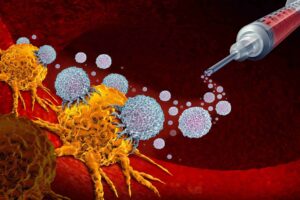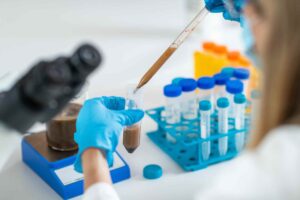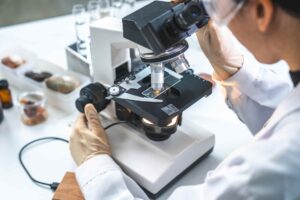gut microbiota
Gastroenterology, Cardiology
Nicola Segata, from University of Trento, investigates the intricate links between diet, microbiome composition, and cardiometabolic outcomes.
Scientific research
The findings suggest that bHB could be a therapeutic alternative to a ketogenic diet. The results also highlight the protective role of the gut microbiota and its metabolites in autoimmune…
Gastroenterology, Pediatrics
Clara Delaroque, from Institut Pasteur (France), emphasizes the critical interplay between early-life microbiota and host health, specifically how the use of common food additives impacts the susceptibility to diseases later…
Oncology
The presence of specific microbes in the gut microbiota can serve as biomarkers for predicting the efficacy of immunotherapy.
Gastroenterology
By suggesting that the diversity and variety of microbial species play a big role in whether the transplanted microbes can successfully colonize a recipient’s gut, the findings could pave the…
Industry
The live biotherapeutics market is forecasted to exceed $4 billion by 2030, driven by advancements like MaaT013.
Gastroenterology, Video
Raphaëlle Bourdet-Sicard from Danone Nutricia Research discusses a study which investigates the use of a mixed prebiotic formulation to enhance iron absorption while mitigating adverse effects on gut microbiota.
Gastroenterology
Targeting L-kynurenine metabolism could be a therapeutic strategy for managing Crohn’s disease.
Gastroenterology, Pediatrics
The findings suggest that the composition of the gut microbiota in early life is not a key factor in obesity risk.
Neuroscience
New research has now uncovered differences in the gut microbiota composition between people with the condition and those without.











